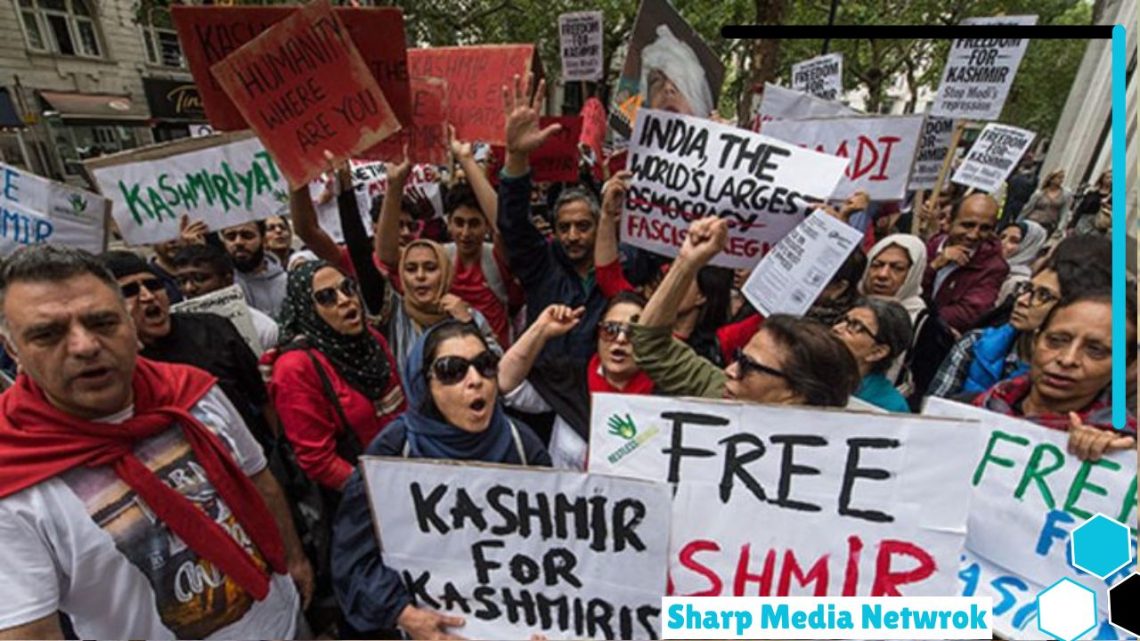
Exposing Human Rights Violations in IIOJK: A Call for Global Accountability
November 15, 2024The human rights situation in Jammu and Kashmir, a disputed territory administered by India, remains dire, with widespread abuses by Indian security forces continuing unabated. Since the revocation of Article 370 and 35A in 2019, the region has seen an escalation in violence, particularly during military operations in areas like Indian-administered Jammu and Kashmir (IIOJK). Extrajudicial killings, arbitrary detentions, and the use of excessive force against civilians are common occurrences.
Thousands of Kashmiri civilians, including political leaders, activists, and youth, have been detained under laws like the Public Safety Act (PSA) and Unlawful Activities (Prevention) Act (UAPA), often without due process or access to a fair trial. The use of pellet guns to suppress protests has led to life-altering injuries, especially among children. Prolonged curfews, lockdowns, and communication blackouts have severely restricted the freedom of movement, speech, and access to information for the Kashmiri people. These measures have intensified the suffering of locals who are already living under oppressive conditions.
Torture in detention centers and the discovery of mass graves have raised serious concerns about the systematic abuse of human rights, with no accountability for the perpetrators. The international community has repeatedly condemned India’s actions, with organizations like Amnesty International and Human Rights Watch calling for investigations and accountability.
Additionally, the Indian government’s efforts to alter the demographic composition of the region by encouraging non-Kashmiris to settle in IIOJK has sparked fears of a fundamental shift in the region’s Muslim-majority identity. Restrictions on religious gatherings and the closure of places of worship further curtail the freedoms of the local population.
This grave situation demands urgent international attention and intervention to ensure the protection of Kashmiri rights and uphold the values of justice and human dignity.

